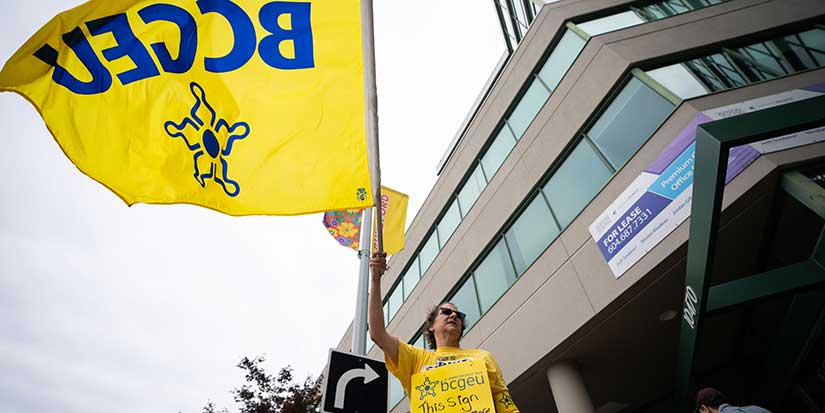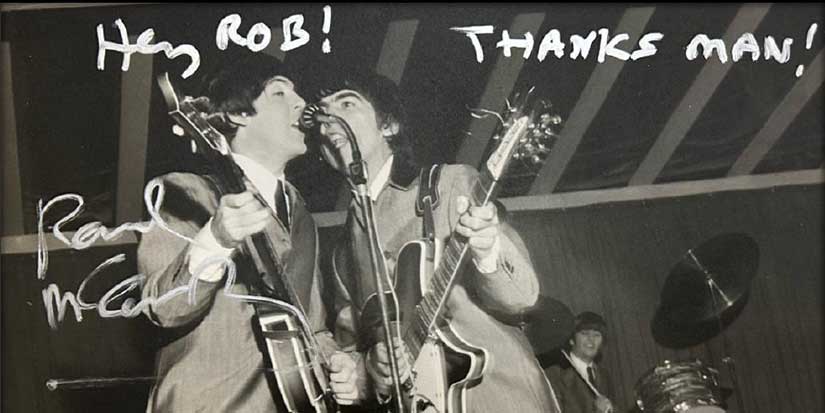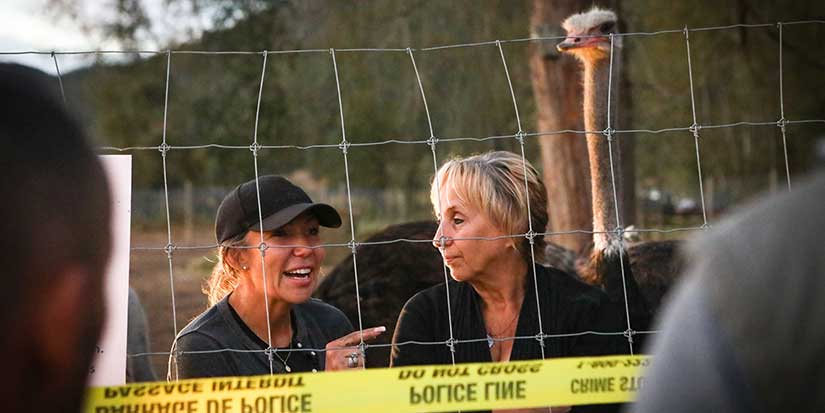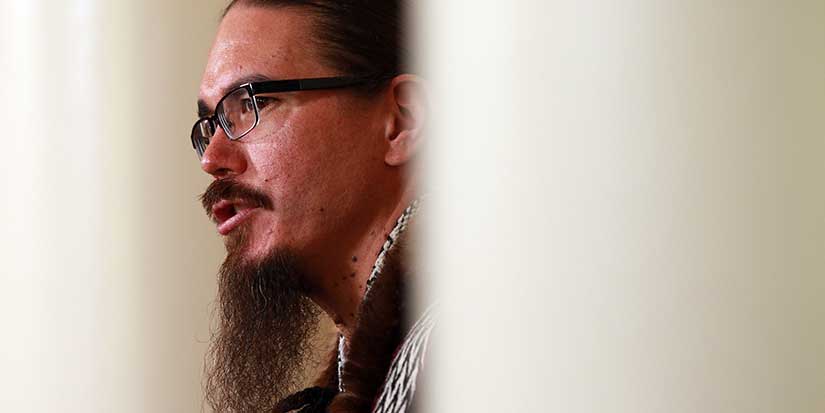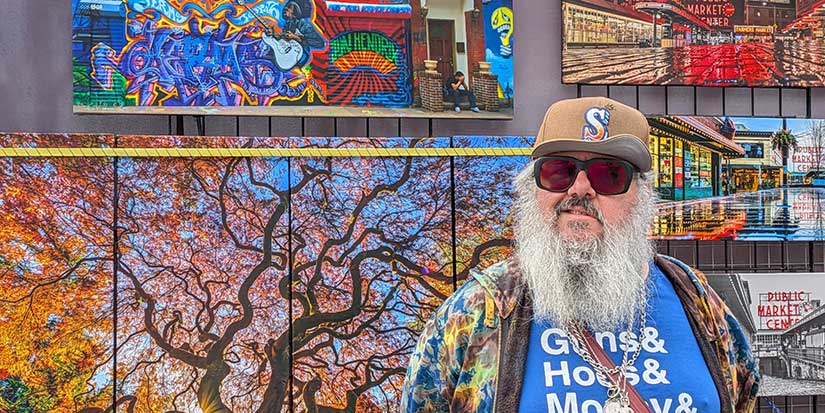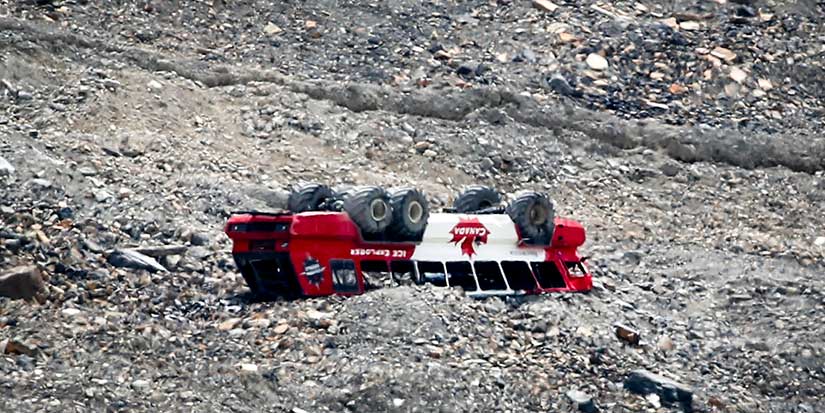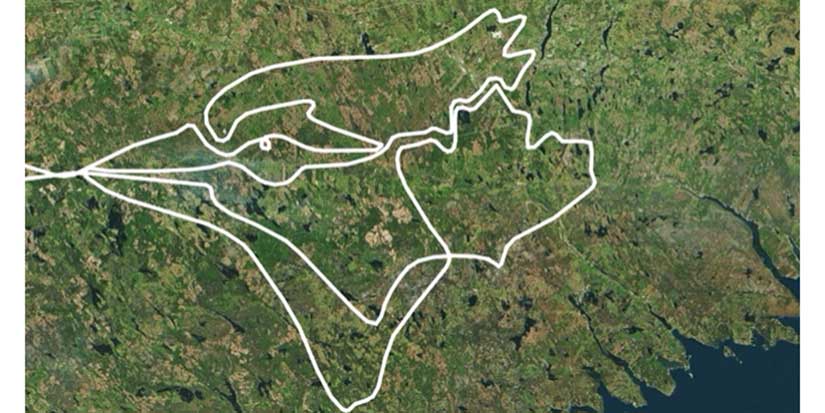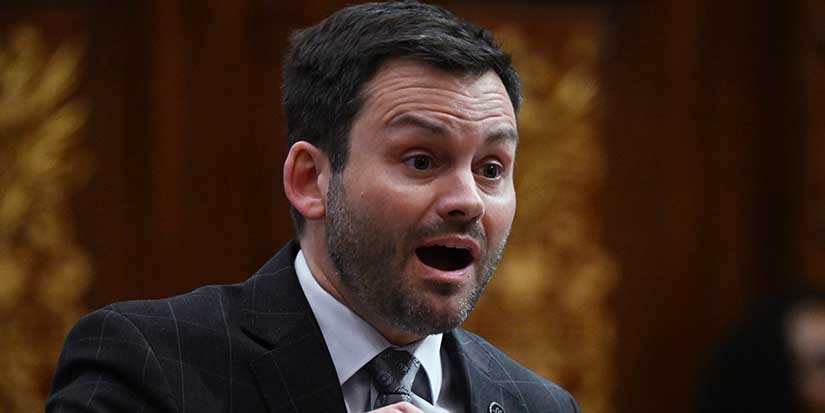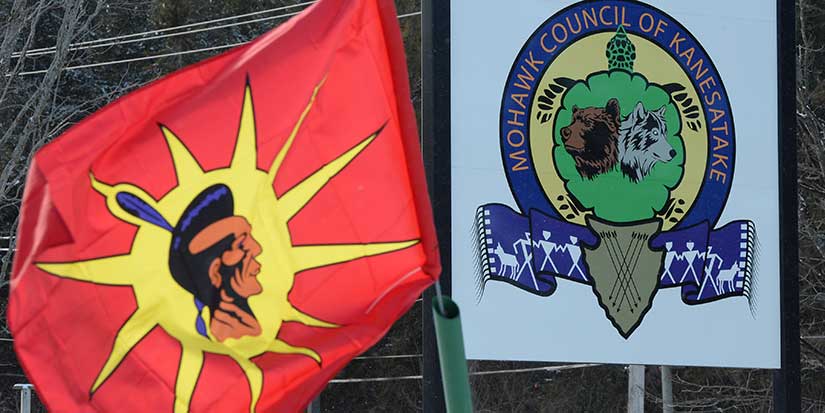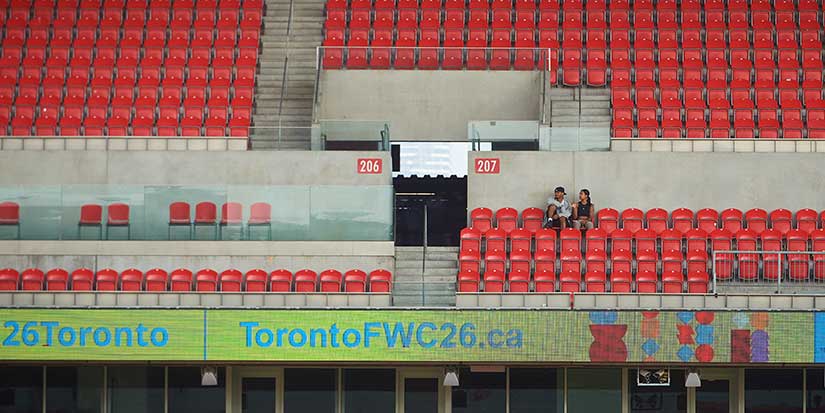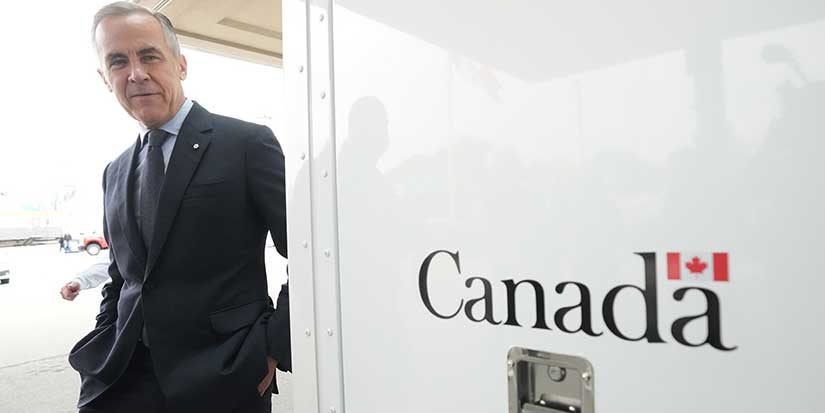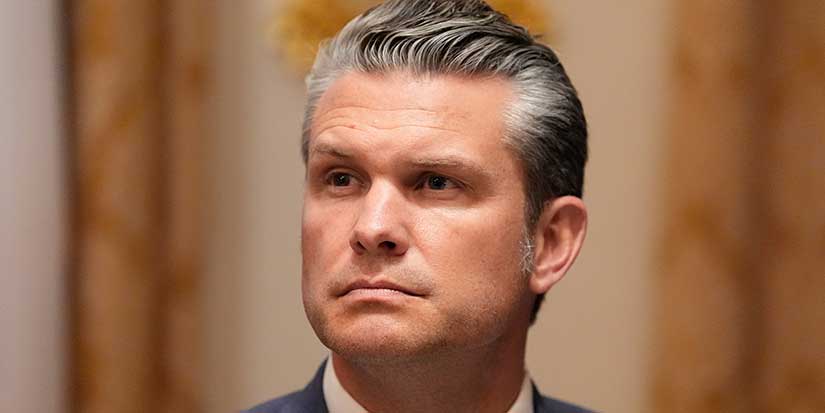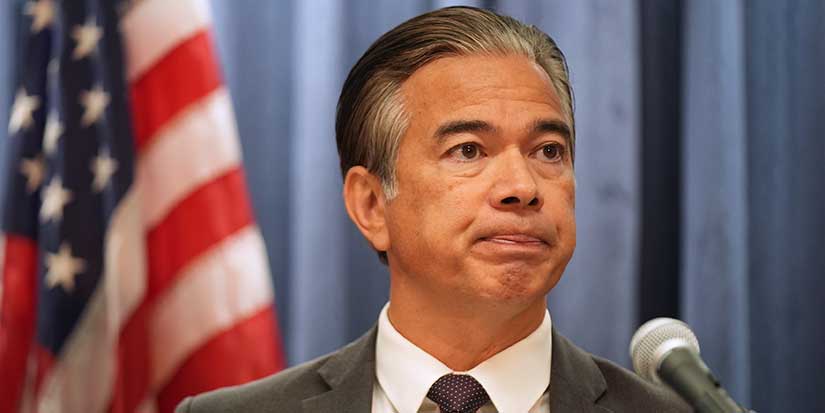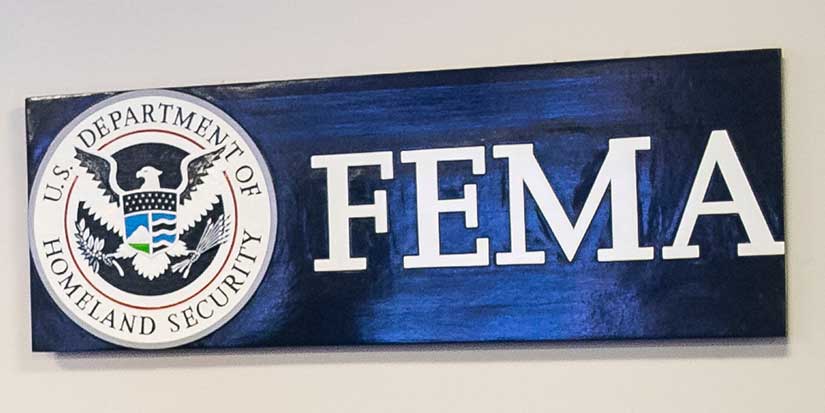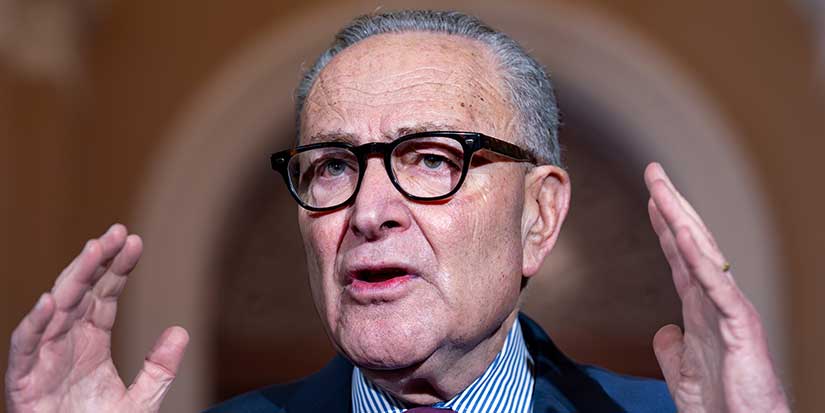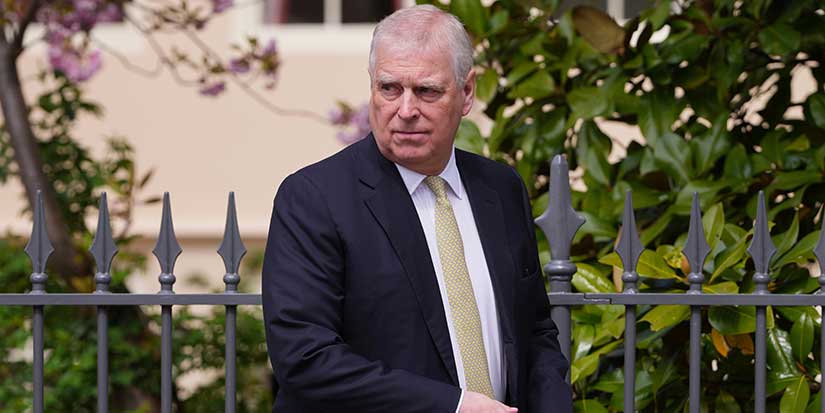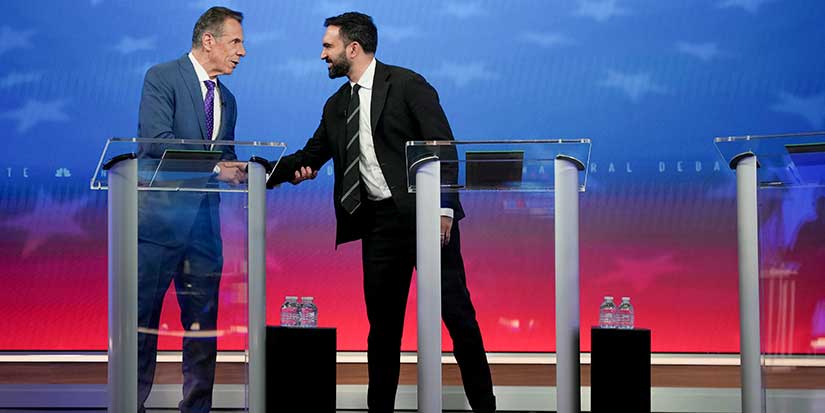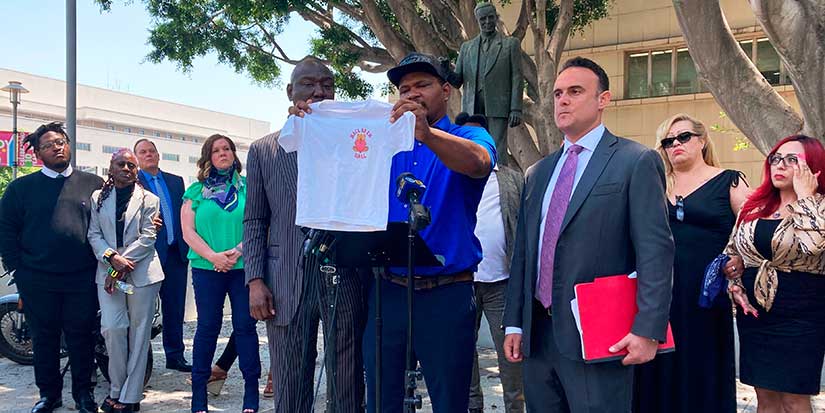Provincial News
Striking B.C. public service staff to enter non-binding mediation with province
Published 10:18 PDT, Fri October 17, 2025
Last Updated: 2:24 PDT, Fri October 17, 2025
—
The union representing striking public service workers across British Columbia has agreed to enter non-binding mediation with the province in their labour dispute.
The BC General Employees' Union said in a news release Friday that mediators Vince Ready and Amanda Rogers will be facilitating the discussions in an attempt to resolve the strike that's in its seventh week and involves about 25,000 workers.
The B.C. Ministry of Finance also confirmed the mediation, saying in a statement that the province was "committed to reaching a fair agreement that works for everyone."
It said further details would not immediately be released "out of respect for the mediation process."
The union said mediation comes after a request made by the province on Thursday afternoon, and BCGEU president Paul Finch said the development reflects the impact of the job action taken by members.
“Public service workers have been steadfast and united in their call for a fair deal,” Finch said in the BCGEU statement. "Their solidarity and determination have brought government back to the table.
"Mediation represents a next step toward resolving this dispute in a way that respects the vital work our members do every day.”
The BCGEU said mediation was expected to start "as soon as possible," and any tentative deal reached in the process would still need to be presented to members for a vote before it could be finalized.
McGill University labour expert and associate sociology professor Barry Eidlin said the move to mediation is a sign the process is working the way it is meant to, allowing the two sides to work through their differences.
"This is a normal part of the collective-bargaining process, and is what you would expect to see in a tense negotiation where workers have resorted to using the strike weapon," he said.
Eidlin said going to non-binding mediation means the workers still get to vote on any negotiated deal "keeping the collective-bargaining process intact."
The union said picket lines set up by striking workers, including those at liquor and cannabis distribution and retail facilities as well as operations across multiple provincial ministries, agencies and Crown corporations, would remain in place while mediation took place.
The BCGEU said maintaining pickets during mediation was "to demonstrate continued resolve" in seeking a fair deal.
Finch said more than half of the public service workers represented by the BCGEU have considered quitting due to affordability concerns stemming from rising living costs.
"Public service is at the heart of who these members are, and they do not take the decision to strike lightly," he said. "But they cannot afford to keep falling behind financially."
The BCGEU has said it's asking for a four per cent wage increase in each year of a two-year deal, arguing that keeps up with rising costs and "reflects the value of public service work."
It said the government is offering two per cent per year for two years.
The government has maintained that it can't agree to a deal that makes service delivery too expensive.
Eidlin said that as one of the province's largest unions, whatever deal the BCGEU makes will likely have "a pattern-setting effect" for future collective bargaining between B.C. and other unions. "It at least sets the parameters of what a negotiated settlement looks like for future units," he said.
Several major collective agreements expired this year, including deals with both the BC Teachers' Federation and the BC Nurses' Union.
A joint statement issued by six hospitality organizations on Friday said even if the public-service strike were to end immediately, it would take months to clear a liquor distribution backlog and resume normal on-time deliveries, something that would be "devastating" during the holiday season.
"(The groups) have united to sound the alarm about an industry on the brink of collapse due to a BCGEU strike that has cut off access to products from (Liquor Distribution Branch) wholesale warehouses and BC Liquor Stores," the statement said.
"B.C.'s hospitality industry is not a bargaining chip. Yet we’re being punished by a labour dispute that has nothing to do with us, and that we have no ability to end."
– Chuck Chiang and Ashley Joannou, The Canadian Press
